FOODS TO AVOID AT NIGHT TIME
BY: FITZ-GEORGE RATTRAY
 A restful night is one of the most important things for your health. Developing and maintaining a night time routine is priceless, including one which gets you back to bed if you wake up in the wee hours of the morning. Put your phone on night mode, set it to comfort screen, turn on privacy, only allowing set special numbers to break through, have your evening tea, turn that TV off before sleep time, set your soothing music with sleep timer and be very aware of what you eat before bedtime.
A restful night is one of the most important things for your health. Developing and maintaining a night time routine is priceless, including one which gets you back to bed if you wake up in the wee hours of the morning. Put your phone on night mode, set it to comfort screen, turn on privacy, only allowing set special numbers to break through, have your evening tea, turn that TV off before sleep time, set your soothing music with sleep timer and be very aware of what you eat before bedtime.
One of the most challenging aspects of a healthy lifestyle for many people is eating late at night. Regardless of the debates most people find that late night eating is, for them, a guaranteed route to gaining excess weight or keeping on the extra unhealthy pounds.
I cannot overstate how important six to eight hours of sleep is, and how detrimental improper sleep is to your health, mood, state of mind, cognitive ability and appetite. Not designing your life around proper sleep hours is delusional, irresponsible and dangerous.
Night time eating can be preferential to going to bed hungry as hunger can be the enemy of a good night’s sleep.
It is true that there are many documented risks with pre-bedtime eating, however many of these risks are more closely connected with the issues connected with the habit. These issues include eating to de-stress, seeking comfort after a hard day, poor daytime eating habits and horrible pre-bed food choices and quantities. In the end, your food choices will play a large role. There are foods which should be avoided at nighttime for your best health.
FOODS TO AVOID AT NIGHT TIME
All alcohols
Alcohols are severely horrible for sleep. Contrary to popular belief alcohol is not a stimulant. The toxins involved and our reactions act as a sedative. It is infact the reduced inhibitions which give the appearance of a stimulant, nevertheless alcohols are particularly bad for sleep, they may knock you out but prevent the deep sleep required for proper recovery and recuperation.
Spicy foods
The capsaicin in spicy foods will challenge the ease of digestion and disrupt your body’s ability to easily regulate temperature, resulting in restless sleep.
Coffee
Easily the most obvious, coffee is clearly a stimulant, and I know, there are many of us who will say that coffee is relaxing and warm and never keeps us up, even during the late-night studying days they hoped it would. However, the bottom line is, it is a stimulant, and even if you do fall asleep it will keep you from a good night’s rest. Limit your intake to the mornings.
Green teas and black teas
These teas although extremely good for you and your brain health, they also contain caffeine and you should limit your intake to no later than the early afternoon. A special note to our ITK members, always remember to choose wisely in the selection of your teas, based on the time of day and check your labels for teas high in caffeine.
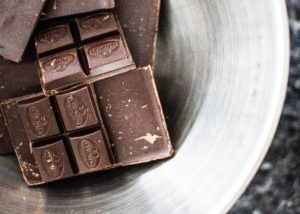
OTHER BAD NIGHT TIME FOODS
- Sugary foods (causing insulin spikes and crashes disrupting your sleep)
- Artificial sweeteners
- Chocolate and dark chocolate
- Flour products (including pastas)
- Ice cream
- Celery (although great generally it is a natural diuretic, will make you pee)
- Acidic foods (including grapefruit, orange, tomato etc.),
- Chicken, red meat, cheeseburgers, greasy foods, pizza,
- Energy drinks and sodas
- Salty and vinegar foods and chips.
All these foods can cause a combination or range of issues, including a restless digestive system, increased caffeine, reduced tryptophan availability, heartburn, acid reflux and regular bathroom visits.

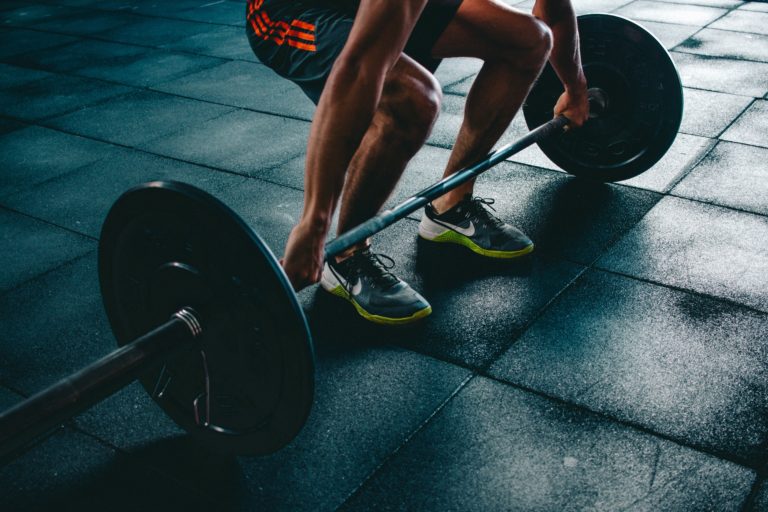
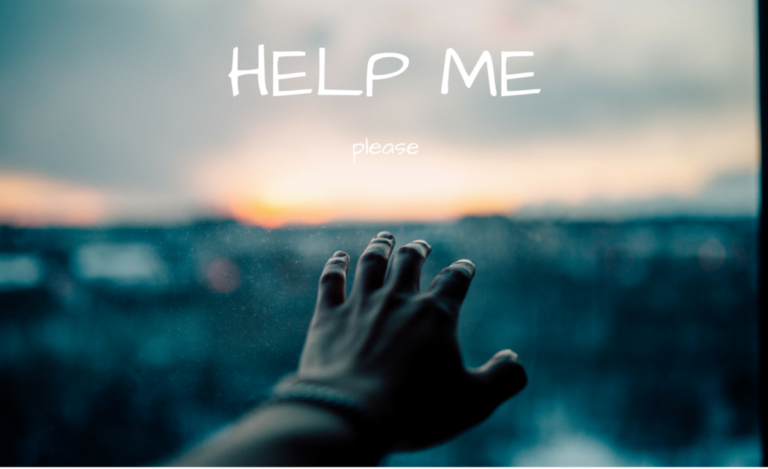
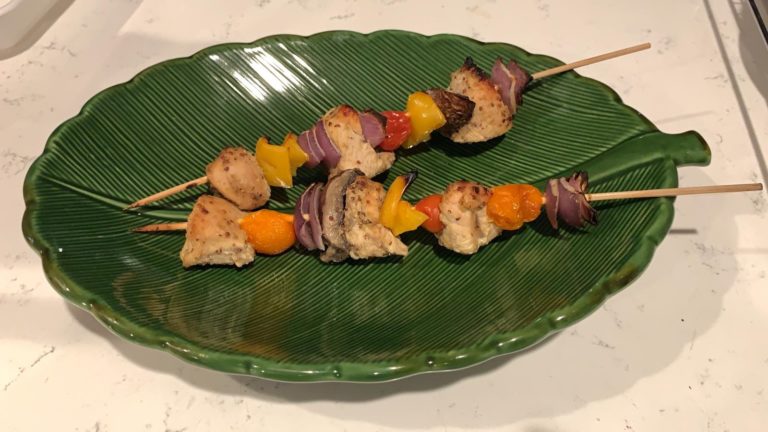
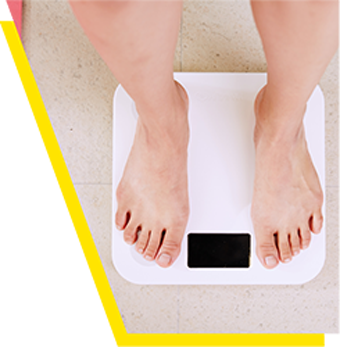

Is Sorrel tea a good choice at nights?
Yes. Sorrel tea can work. Once its not over 5 calories.